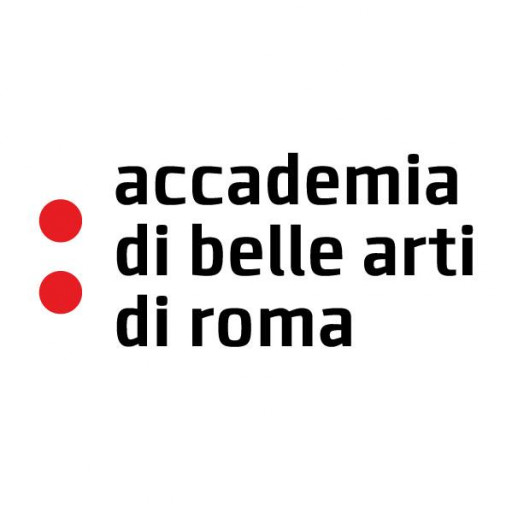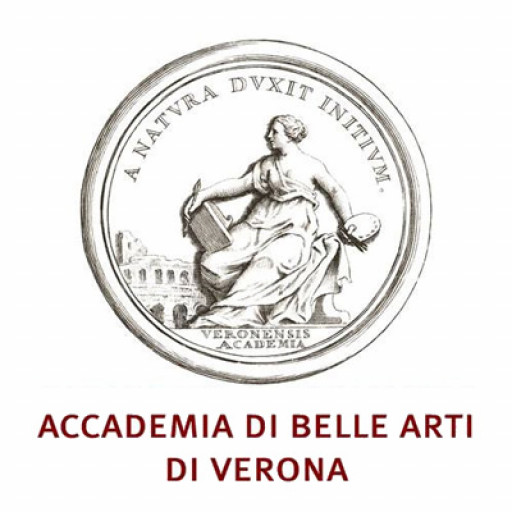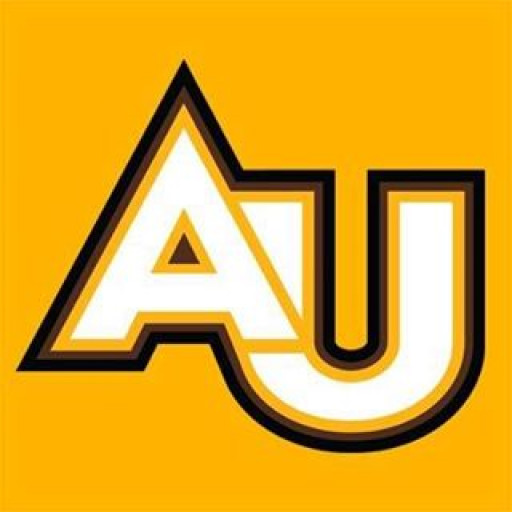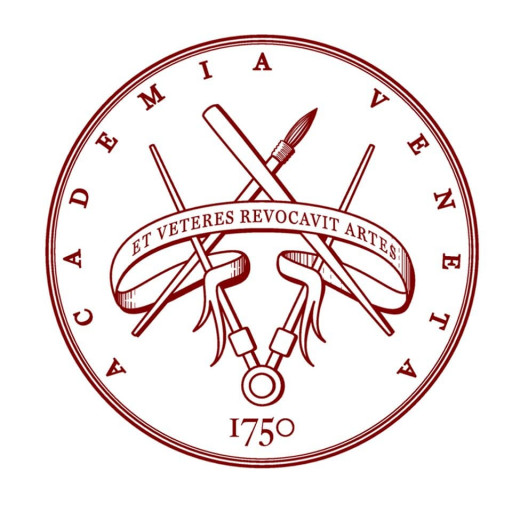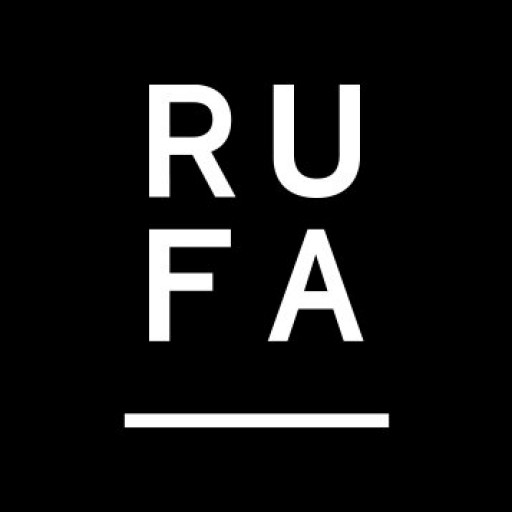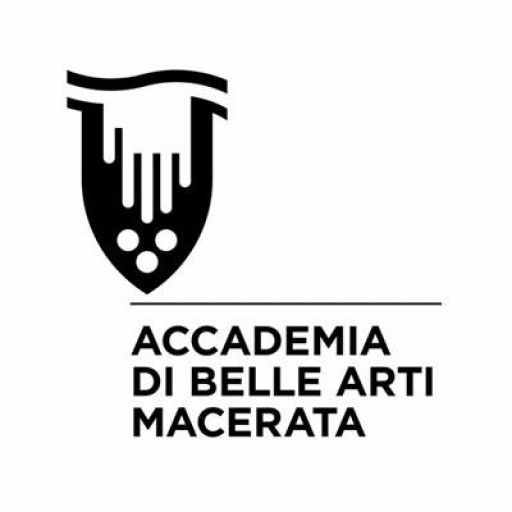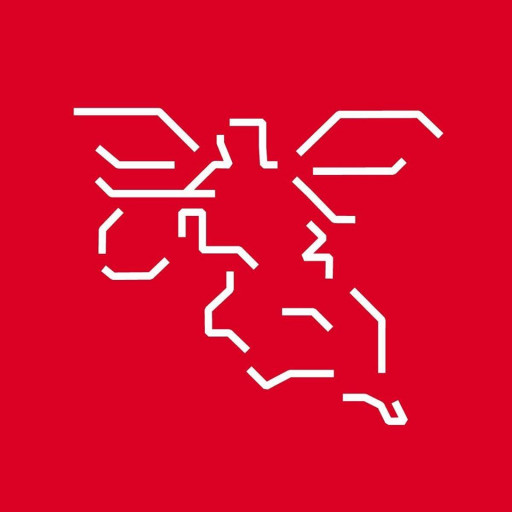Photos of university / #radboud_uni
The BA in Art and Visual Culture at Radboud University offers a comprehensive and interdisciplinary exploration of the visual arts, encompassing historical, theoretical, and practical perspectives. This programme is designed for students who are passionate about understanding the significance of visual culture in contemporary society and are eager to examine the cultural, social, and political contexts that shape artistic expression. Throughout the three-year Bachelor's track, students will engage with a diverse range of topics including art history, media, design, and critical theory, gaining a well-rounded understanding of how images and visual artifacts influence and reflect societal developments. The curriculum encourages active participation through lectures, seminars, workshops, and project-based assignments, fostering both analytical skills and creative experimentation. Students will have opportunities to analyze artworks from different eras and regions, critically assess visual phenomena, and develop their own curatorial, research, and artistic projects. The programme emphasizes an international and interdisciplinary approach, collaborating with museum collections, cultural institutions, and research groups. Graduates will be equipped with foundational knowledge and analytical tools suitable for careers in museums, galleries, cultural organizations, media, and academia. The combination of theoretical insights and practical skills ensures that students not only appreciate the depth and diversity of visual culture but are also prepared to contribute meaningfully to fields related to art, heritage, and media. The programme's flexible structure allows students to tailor their learning experience according to their interests, fostering independent thinking and a lifelong appreciation for visual culture in both academic and professional settings.
- Theory of Scientific Research in Humanities
- Academic writing
- Art and its Historical Context
- Methods and Approaches in Humanities
- Contemporary Debates in Humanities
- What is an Image?
- Key Research in Art and Visual Culture
- Electives, study abroad or internship
- Article, proposal, and thesis
Instruction modes
literature study, internship, research, research project, research proposal, tutorial, lecture, individual assignment, self study
A completed Bachelor's degree
A Bachelor's degree in Art History, Cultural Studies or Greek and Latin languages and cultures or related area. Your average grade during the second and third years of your BA studies has to have been at least a 7.5 and your Bachelor’s thesis had to have received a grade of at least 8.0.
Proficiency in English
In order to take part in this specialisation, we’ll need to determine whether you’re fluent enough in written and spoken English. Non-native speakers of English* need one of the following:
- A TOEFL score of ≥600 (paper based) or ≥100 (internet based)
- A IELTS score of ≥7.0
- Cambridge Certificate of Advanced English (CAE) or Certificate of Proficiency in English (CPE) with a mark of C or higher
Strong motivation
You have to be able to demonstrate your motivation for and affinity with international academic research. A selection committee will review evaluate the motivation of each applicant separately.
Letter of recommendation
We also ask that your BA thesis supervisor (or other relevant teacher) sends us a letter of recommendation by mail: hlcsmaster@ru.nl
* Applicants are considered to be a native speaker of English if they are from Australia, Canada (with exception of Quebec), Ireland, New Zealand, Singapore, UK, USA or South Africa.
There are various scholarships available for studying at Radboud University. Some of the opportunities are described below. A full list, including detailed information, can be found on our scholarships and grants page at our website.
Radboud Scholarship Programme
Open to a select number of excellent international students. Instead of the institutional tuition fees, non-EEA students pay the legal tuition fees (€2,083 in 2019/2020). Visa and residence permit costs, liability insurance and health insurance are also covered.
Orange Tulip Scholarship
Open to students from Brazil, Mexico, Russia, Indonesia, South-Korea, Vietnam, Thailand, and China. Instead of the institutional tuition fees, non-EEA students pay the legal tuition fees (€2,083 in 2019/2020). Visa and residence permit costs, liability insurance and health insurance are also covered.
Radboud Faculty of Arts Study Funds
Students who receive either the Radboud Scholarship or the Orange Tulip Scholarship are eligible for an additional grant to assist with study costs. The grant consists of 2,500 euros paid in 10 instalments throughout the year.
Fulbright-Radboud Scholarships
Open to excellent American students. The grant will be paid in 12 monthly instalments of 1,050 euros. International travel and the cost of the residence permit will be covered, and an extra allowance of €1150 will be paid on arrival.
Sino-Dutch Bilateral Exchange Scholarship
Open to excellent students from China. Consists of a contribution of € 16,113 towards the total costs of one year of study or research in the Netherlands.
DIKTI-Neso Scholarships
Aimed at lecturers at higher education institutions in Indonesia who wish to pursue a PhD or Master's at a university in the Netherlands. A DIKTI scholarship includes allowances for living expenses, insurance, travel costs, tuition fees and more.
Indonesian Education Scholarship (LPDP)
Open to excellent Indonesian students under the age of 35. Involves a full scholarship.
Holland Scholarship Programme
Open to excellent students from Canada, America, India and Turkey. Scholarship consists of 5,000 euros payed at the start of study.
Dutch Student Finance
EU/EEA students and Swiss students under 30 years of age are eligible if they are working at least 56 hours per month in the Netherlands, or have been living in the Netherlands for five years or more. Dutch student finance consists of four components: a basic grant, a supplementary grant (depending on the parental income), a student travel product, and a loan.
The BA in Art and Visual Culture at Radboud University offers students an in-depth exploration of the history, theory, and practice of visual arts and culture. This programme is designed to provide a comprehensive understanding of visual phenomena from different periods and regions, emphasizing critical thinking and analytical skills. Students will examine various forms of visual expression, including painting, sculpture, film, design, digital media, and more, within historical and contemporary contexts. The curriculum combines theoretical courses, which focus on art history, cultural analysis, and visual theory, with practical components that encourage hands-on engagement with artistic processes and media.
Radboud University prides itself on a multidisciplinary approach, integrating insights from humanities, history, philosophy, and social sciences. The programme often includes modules on art criticism, visual culture analysis, museum studies, and the impact of digital technology on visual arts. Students are encouraged to develop their own critical perspectives and conduct independent research, culminating in a final project or thesis. Throughout the course, students have opportunities to visit museums, attend lectures and exhibitions, and participate in workshops, fostering a dynamic learning environment.
The programme prepares students for careers in various fields such as art criticism, curation, museum management, arts journalism, cultural policy, and further academic research. The interactiveness of the curriculum, coupled with the university's focus on societal relevance and international outlook, ensures graduates are well-equipped to contribute insightful perspectives on visual culture in a globalized world. Art and Visual Culture students benefit from Radboud University's strong links with cultural institutions, promoting valuable networking opportunities. Overall, this programme aims to cultivate perceptive, knowledgeable, and innovative professionals who can critically analyze and actively participate in the evolving landscape of visual culture.

